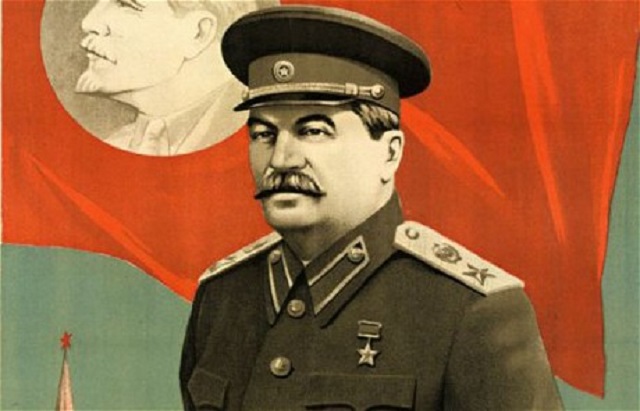Especially with the current attention paid to North Korea, many have become aware that a number of despotic rulers receive a vast amount of love and admiration from their citizens. Some may think this to be a strange form of Stockholm syndrome, but there are usually deeper reasons behind this apparent paradox. The truth is that many of the world’s most infamous despotic rulers were able to present themselves in a way that makes them appear vital to a nation’s security and success.
Take, for instance, one of the most famous dictators of all time. Josef Stalin was responsible for the deaths of at least twenty million people while he was in power, and many historians believe this may be a conservative estimate. His troops raped and murdered German women en masse, yet he became one of the most beloved despotic rulers who ever lived. Even today, nearly half of Russian citizens still appear to have a relatively decent outlook on the former leader. Although these citizens are not in the dark when it comes to Stalin’s past reputation, they also see him as an integral part of Hitler’s defeat. In their eyes, this outweighs any damage he may have done himself.
In the same vein, Benito Mussolini has received wide-spread press in Italy lately. Many have profited by selling products that carry his likeness, and some current politicians cite him as a positive influence on the nation. Other once-hated despotic rulers that have been the subject of recent turnarounds similar to Il Duce’s include Indonesian dictator Suharto and East German leader Erich Honecker. The former was a genocidal tyrant who stole billions from his own people, while the latter all but eradicated freedom. Yet many Germans and Indonesians still pine over the days they were in power, the Listverse reports.
Suharto also had something in common with at least two other feared and revered leaders, Ferdinand Marcos and Francisco Franco. Despite the killings and tortures advocated by both of these despotic rulers, today’s citizens of the Philippines and Spain feel that these leaders were responsible for halting the spread of communism in their respective nations. Many even felt that the murders committed under their name were justifiable on this very basis.
Many despotic rulers have achieved admiration through the perceived destruction of a major threat, helping them to distract from the threats they have posed against their own people. The fact that this admiration has continued into today shows that it may be possible for similar individuals to continue coming into power unchecked. Citizens in any number of nations may see the rise of future despotic rulers if this trend of nostalgia continues.
